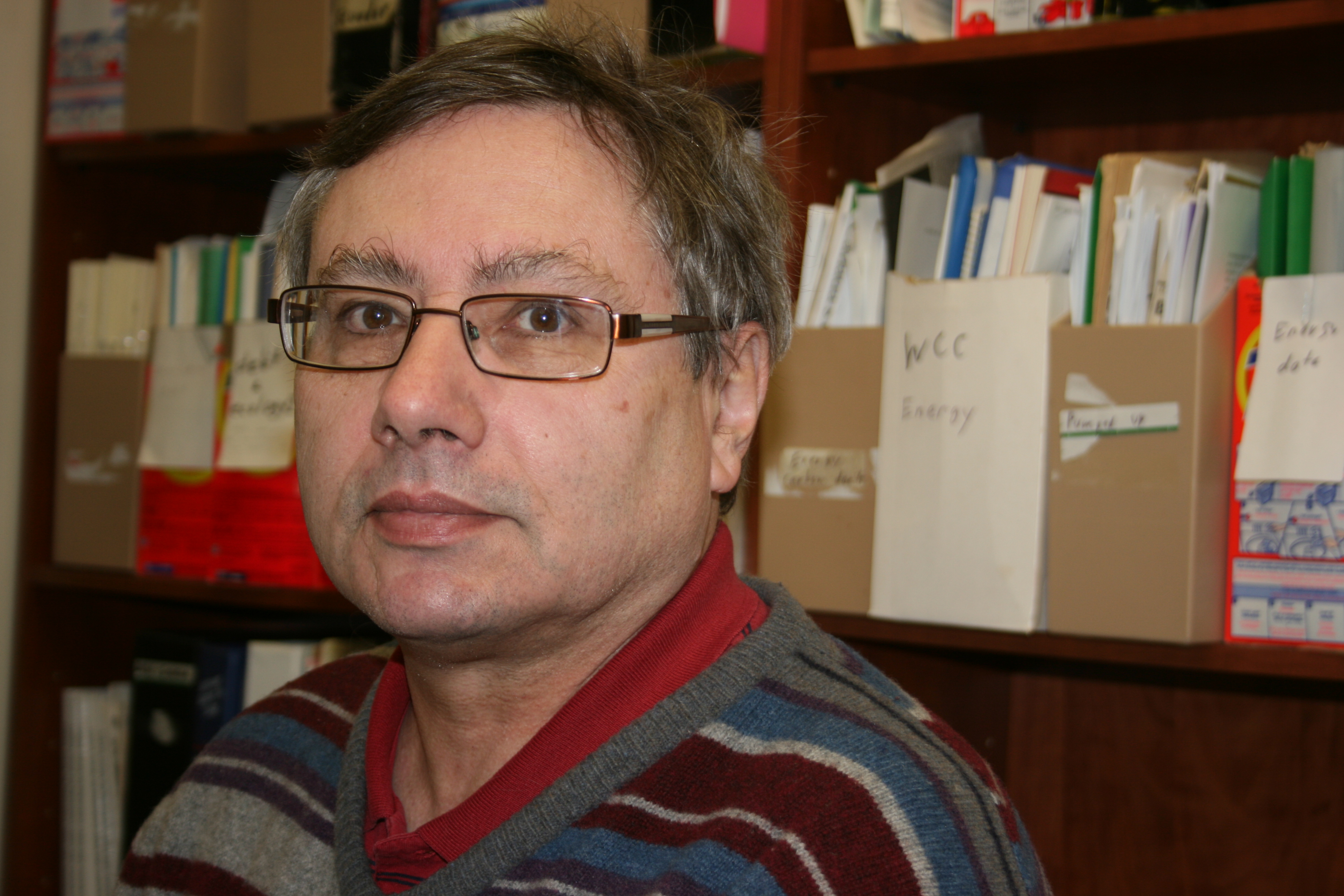I didn’t used to pay much attention to Earth Day. But as I became more and more alarmed about the damage being done to ecosystems vital to life on this planet, I began to explore Indigenous peoples’ teachings on respecting Mother Earth. I learned that these teachings offer tremendous insight into living in harmony with our biosphere, particularly the principals of taking only what we need, and being conscious of our actions’ impacts on seven generations to come.
This is what I also learned:
Indigenous peoples treat Pachamama or Mother Earth as a sacred living being. We humans are part of nature, not separate from it. All plants and animals are our brothers and sisters.
Indigenous peoples’ identification with Mother Earth contrasts with the Western anthropocentric mindset that treats the Earth as an inert object to be exploited for profit. Just as we insist on respect for our own mothers we must learn to respect Mother Earth. Aboriginal poet Lee Maracle draws a telling parallel when she writes “There is a direct connection between violence against the Earth and violence against women.”
How can we achieve the profound paradigm shift that’s required to preserve our Mother in the face of the mindset of the current government of Canada and many other political and business leaders, and our own every day actions?
I am dismayed that the Canadian government has turned its back on global efforts to avoid catastrophic climate change. First it walked away from the Kyoto Protocol, the only binding climate treaty ever negotiated. Now they admit that Canada will miss its current, inadequate target for reducing greenhouse gas (GHG) emissions by a wide margin.
Its failure to meet the March 31 deadline for tabling a new GHG reduction pledge ahead of the UN climate conference in Paris at the end of this year is a further illustration of misplaced priorities. Although the evidence is clear that 75 per cent of Canada’s known oil reserves must be kept in the ground, the Canadian government chooses instead to promote tar sands export pipelines as a “no brainer.”
The human-centric mindset is fixed in settler culture. How do we break through, especially regarding the pressing issue of global climate change? In the coming federal election I plan to join a civil society movement initiated by Climate Fast, Step Up, Canada and KAIROS asking candidates to pledge to do three things:
- Work to end all subsidies to coal, oil and gas, including those through tax breaks or weak environmental laws.
- Support putting a price on carbon emissions through a tax or fee sufficient to keep the rise in global temperatures below two degrees Celsius.
- Invest in the development of a renewable energy plan for Canada.
I will also be actively involved in the process of decolonization, which entails respecting the treaties between Indigenous and non-Indigenous peoples in our country, and participating in reconciliation during and after the close of the Truth and Reconciliation Commission in Ottawa in early June.
But if I am to take my own rhetoric seriously, my day-to-day actions must also match my words. I have to walk the talk. Living in harmony with Mother Earth requires us, in the words of David Choquehuanca, the Aymara Foreign Minister of Bolivia, to ‘end consumerism, excessive spending and luxury, consuming only what is needed, lowering the global economic bar to levels of production and consumption of energy that the health and resources of the planet allow.’
John Dillon is Ecological Economy Coordinator at KAIROS: Canadian Ecumenical Justice Initiatives and author of Indigenous Wisdom: Living in Harmony with Mother Earth available at kairoscanada.org.




